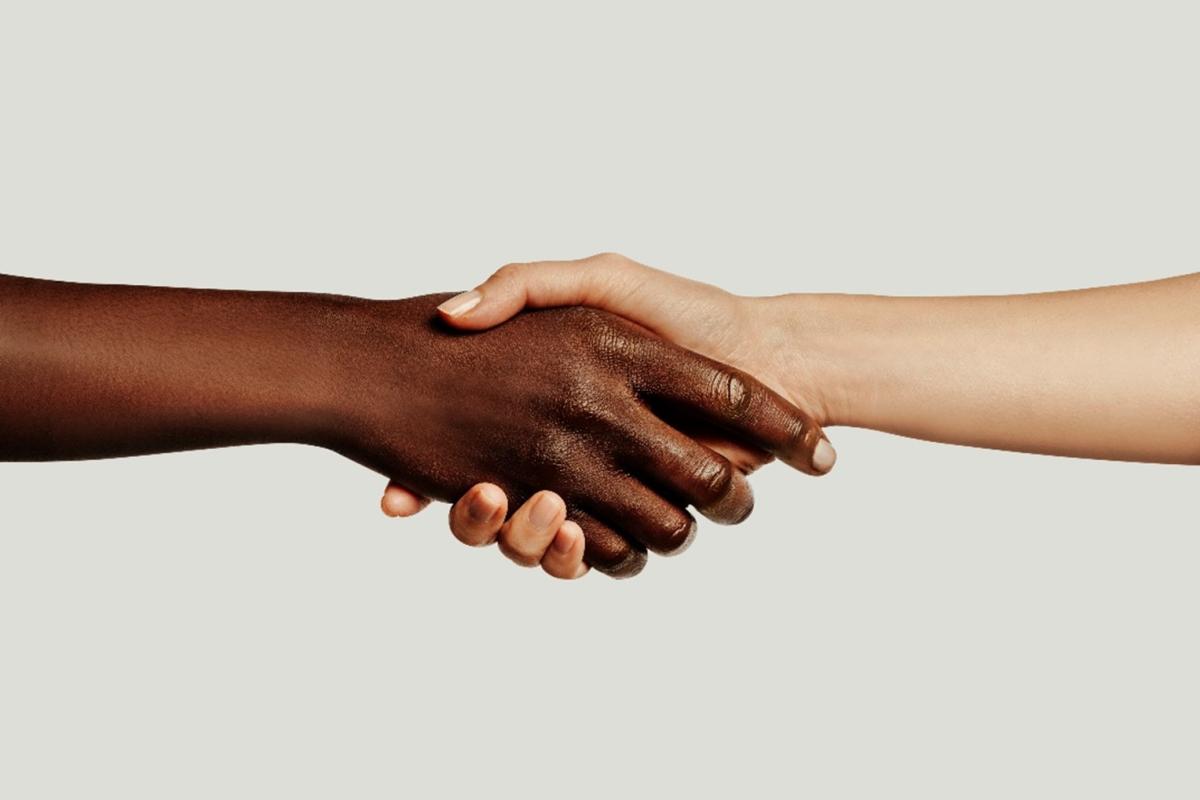
by: Jack Johnson, Destinations International
F.W. de Klerk, who helped build, then as president of South Africa dismantle, the apartheid system that he and his ancestors had helped put in place, died at his home near Cape Town. He was 85.
His passing reminded me of three valuable lessons. The first lesson is more of a reminder. Peace is made with your enemies or your opponents. It seems obvious but it is something that too many people forget. If you have an enemy or opponent, you only have three options: defeat them, make peace with them, or find a way to coexist with them. This is true in politics as well as warfare.
The apartheid regime in South Africa, despite many and often brutal attempts, failed to defeat the resistance of the majority Black population. The later policy of creating “self-governing homelands” (clusters of land stripped of prime territory, sovereignty, and individual rights and freedom) failed to create a means of coexisting with the Black majority population. Having failed at both of those options, de Klerk had only one option left. He needed to make peace.

The political lesson here is to understand from the beginning that you may need to find a way to make peace with those who oppose you. We have all heard the proverbial saying that politics makes strange bedfellows. It means that political alliances in a common cause may bring together those of widely differing views and that includes those that have at some point, including recently, opposed you. Prepare for that.
The second lesson stems from the fact that F.W. de Klerk did not change course and dismantle apartheid because of some moment of conversion in his thought, a sudden understanding that apartheid was wrong and unjust. He did it because he came to understand that the system was not economically sustainable. South Africa’s economy was already under pressure as the country was somewhat of a pariah in the international community. Enaction of boycotts of all sorts were growing by the day. Disinvestment from major institutional investors across the world was gaining steam. And then there was the protests and non-cooperation of the Black majority. But with the fall of the Berlin Wall and the ending of the “cold war”, the South African government could no longer use the “threat of communism” to have enough of the world’s community quietly tolerate or even turn a blind eye. F.W. de Klerk did not change his beliefs concerning apartheid. He merely understood that as the country became even more isolated, more cut off from the world economy, subjugating the majority of the population through apartheid was no longer economically sustainable. He gave in to reality.
Too often the strength of your efforts or arguments may not be enough to win the day. You may need to make your opponent’s position no longer sustainable. The opposition to the apartheid regime were not able to win a military or political victory outright. Instead, they found a way through economic sanctions, international boycotts and internal protest to make their opponent’s position unsustainable. We learn that, if justice and fairness are not enough to win the day, economics will.
That means that, often to get something done politically in an environment where you cannot defeat your opposition, you need to find another reason, most likely an economic one, for your opponent to move to your position. And if there is currently little or none, like those opposing apartheid, you will need to create one . We will delve into that point at a later date.
The third lesson is that he and Nelson Mandela were never friends. They were opponents but, for a while, out of necessity, they became partners. Neither wanted to destroy the country so together they crafted a peaceful transfer. But their relationship was often characterized by bitterness, anger, and distrust. It lacked a mutual bond or personal connection on which they could build a friendship. It did have, I believe, one quality that was required. It had political respect. They may have been enemies, they may have disliked each other, they may have had different philosophies, but each understood that the other was, for lack of a better phrase, a worthy opponent. It is the only way they could have made peace.
I have faced many people on the political battlefields in my life, including many that I disliked, and that disliked me. While I have many friendships with people I have met in the political arena, politics itself is not about friendship. And often, too often frankly, politics is characterized by bitterness, anger, and distrust. But if there is a basic political respect, the process can work and inevitably, create history.

